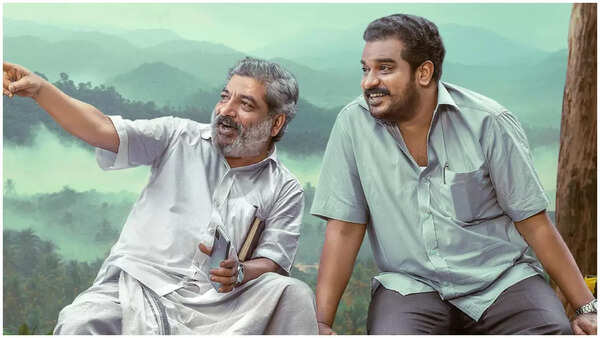- News
- City News
- bengaluru News
- Adult children must also get compensation for emotional loss in accident cases, rules Karnataka high court
Trending
Adult children must also get compensation for emotional loss in accident cases, rules Karnataka high court
Bengaluru: Besides spouse, grown-up children who are legal representatives of a deceased also are entitled to compensation under the head of loss of consortium, either filial or parental compensation, Karnataka high court ruled recently.
Loss of consortium provides for spouse or parents of a victim to claim compensation citing loss of companionship, affection, and marital/familial aid.
Justice CM Joshi stated that the three petitioners in the case on hand — the wife and two sons of the deceased Subhash — were entitled to receive Rs 1,56,000 (Rs 52,000 each) compensation under loss of consortium. Subhash, a resident of Kalaburagi, died on April 7, 2019, when a vehicle collided with his motorcycle. He had been returning home with his grandson after visiting a temple.
On March 18, 2021, the motor accident claims tribunal in Kalaburagi awarded Rs 10.3 lakh as total compensation. While the claim of wife Mallamma under loss of dependency was upheld, the same was rejected in the case of Jetingaraya and Siddarama, the two sons of the deceased, on the grounds that they were grown up and independent.
After reviewing the materials on record, Justice CM Joshi noted that in the N Jayasree vs Cholamandalam MS General Insurance Company Ltd case, the Supreme Court had held that every legal representative who suffers on account of the death of a person in a motor vehicle accident should have a remedy for realisation of compensation. Later, in the Seema Rani vs Oriental Insurance Co. Ltd case, even married daughters were held to be dependents within the meaning covered under the Motor Vehicles Act. "Therefore, there can't be any doubt that petitioners 2 and 3 (sons of the deceased) are also legal heirs and, as such, also entitled to compensation," the judge observed.
Pointing out that the tribunal had calculated the deceased's personal expenses at 50% of his income, Justice Joshi said: "A person aged 54 years and having a wife and two children would definitely contribute more towards the family than on his personal self. Therefore, to construe that a head of family would spend more on his personal self wouldn't be a proper conclusion in the Indian scenario. Hence, the deduction towards personal expenses of the deceased Subhash has to be taken at one-third." As a result, he enhanced the compensation awarded by the tribunal to the petitioners to Rs 14.8 lakh.
End of Article
Follow Us On Social Media










